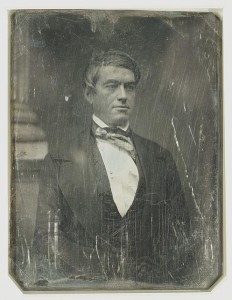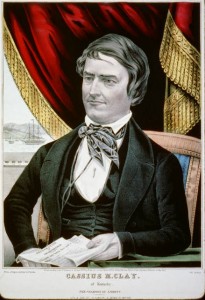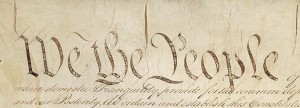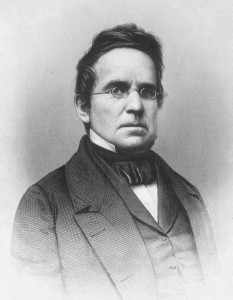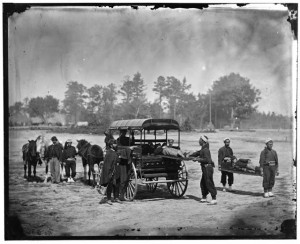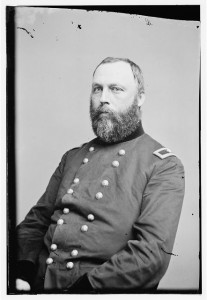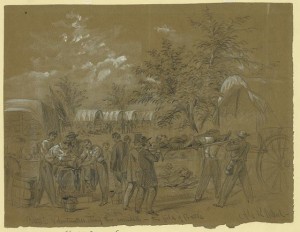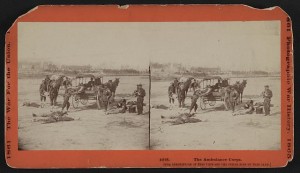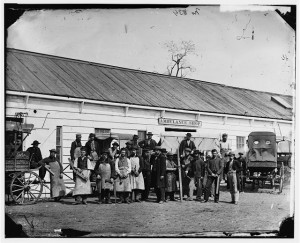Racial Politics in the 1862 Elections
From a Democrat-oriented Seneca County, New York newspaper in 1862:
Abolition and Amalgamation.
These beautious and fragrant twins, – offsprings of the Republican party, have taken a fixed position among the political facts of the day. President LINCOLN, after a season of heartless coquetry with the conservative sentiment of the country, has finally proclaimed the end aim of this war to be the abolition of slavery; and the establishment of the negro element, as an independent governing power in the far off South. To accomplish this, the blood and treasure of the north is to be poured out like water. For this end, thousands of the best lives in this country are to be sacrificed and tens of thousands of millions of dollars wrested from the people by a hungry hoard of Republican tax-gatherers, are to be spent. – One tenth of the proceeds of the industry of the country are to be annually taken from the people to pay the interest on current expenses; and a debt, as unending as the returns of the seasons, is to be fastened upon the future. Verily, the good time foretold by songsters, has come. Free speech and a free press, aye, even free white men, have ceased to be; but in their place we have free plunder for partizans, free taxes for the people, and free negroes to support. Let no Republican henceforth utter the stereotyped lie, that he is not an abolitionist, and that he detests political amalgamation. We do not mean that the rank and file of the Republican voters intend to favor these things, but we do mean, and the result proves that we are right, that every vote cast for the Republican ticket, with Abolitionist WADSWORTH at its head, promotes this end and nothing else. Look at Massachusetts, – the advance guard of the party. At the late Republican State Convention, two or more full-blooded negroes were accredited as delegates. Is this not amalgamation with a vengeance? Let the worshippers of the Ebony Idol deny it, if they can. We trust the people, while marking these events, will not forget the cost. To the taxes direct and indirect, greater than any other nation on the globe, now about to be collected, must be added, not only the expenses in life and time and treasure of the war, and the cost of slaves LINCOLN proposes to buy of his favorites, but also the increased price of the necessaries of life – 30 cents per pond for coffee – 30 cents per yard for sixpenny cotton goods, &c., &c., &c. Verily, are not the good people paying pretty dear for this Republican whistle? Farmers and laboring men, how do you like it? Just ask your Republican neighbor how he likes it, and see how he will grin, though he bears it, for bear it he must.
The Ebony Idol was an anti-Uncle Tom’s Cabin novel published in 1860. The University of Virginia site is one place it is reproduced.
So far the only other use of the term amalgamation I have seen is in an editorial in the Richmond Daily Dispatch from October 8, 1862. The editors’ point is that conservative Democrats are greater hypocrites than cowardly abolitionists because Democrats in the Union army are just as likely to help “contrabands” escape their masters: “Wherever the Federal conservative armies have come, they have swept the land clean of the negroes and set an example of amalgamation which any decent Abolitionist would have shrunk from. ”
A month ago Seven Score and Ten posted an editorial from a Ohio newspaper that had a similar tone to the Seneca County Democrat opinion. The Ohio paper did not use the term amalgamation, but it was concerned about farmers employing black men to take the place of white men presumably serving in the Union military.
The following cartoon from the 1860 presidential campaign expresses a similar concern to the Seneca County editorial from 1862.

![Lincoln's Last Warning [Pres. Lincoln about to cut down tree (slavery) - warning a man to come down from the tree] (Harper's Weekly, v. 6, (1862 October 11), p. 656; LOC: LC-USZ62-48218) Lincoln's Last Warning [Pres. Lincoln about to cut down tree (slavery) - warning a man to come down from the tree] (Harper's Weekly, v. 6, (1862 October 11), p. 656; LOC: LC-USZ62-48218)](https://www.bluegrayreview.com/wp-content/uploads/2012/10/3a48359r-259x300.jpg)
![Emancipation of the slaves, proclamed [i.e. proclaimed] on the 22nd September 1862, by Abraham Lincoln, President of the United States of North America (J. Waeshle, [ca. 1862]; LOC:LC-DIG-ppmsca-19391) Emancipation of the slaves, proclamed [i.e. proclaimed] on the 22nd September 1862, by Abraham Lincoln, President of the United States of North America (J. Waeshle, [ca. 1862]; LOC:LC-DIG-ppmsca-19391)](https://www.bluegrayreview.com/wp-content/uploads/2012/10/19391r-196x300.jpg)
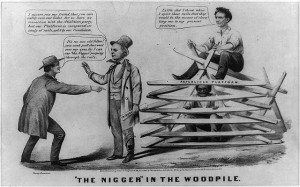
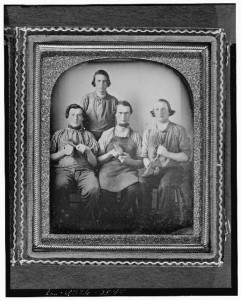
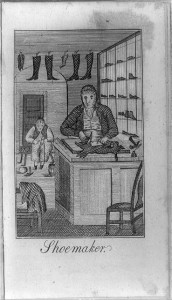
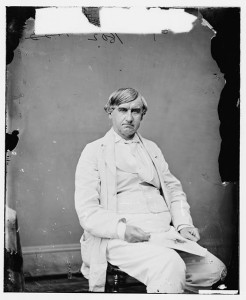
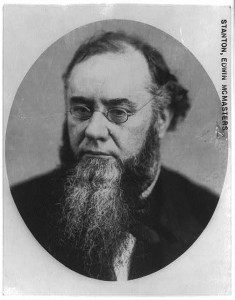
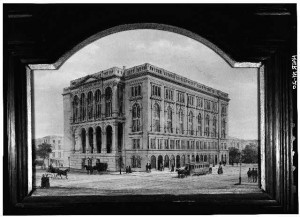
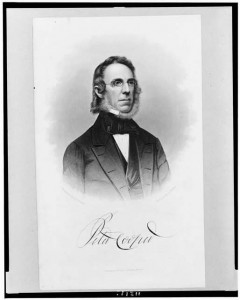
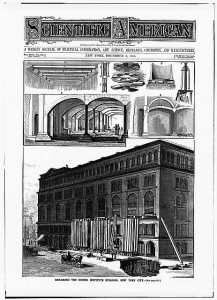
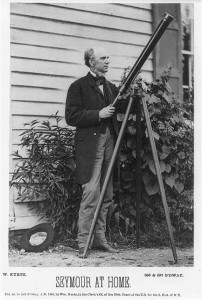
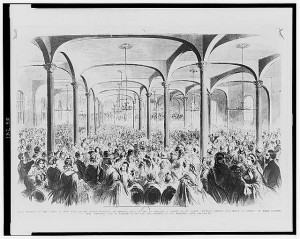
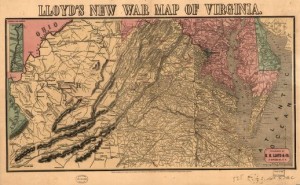
![Southern "volunteers" (Published by Currier & Ives, [1862?]; LOC: LC-USZ62-9636) Southern "volunteers" (Published by Currier & Ives, [1862?]; LOC: LC-USZ62-9636)](https://www.bluegrayreview.com/wp-content/uploads/2012/10/3a12086r-300x192.jpg)
